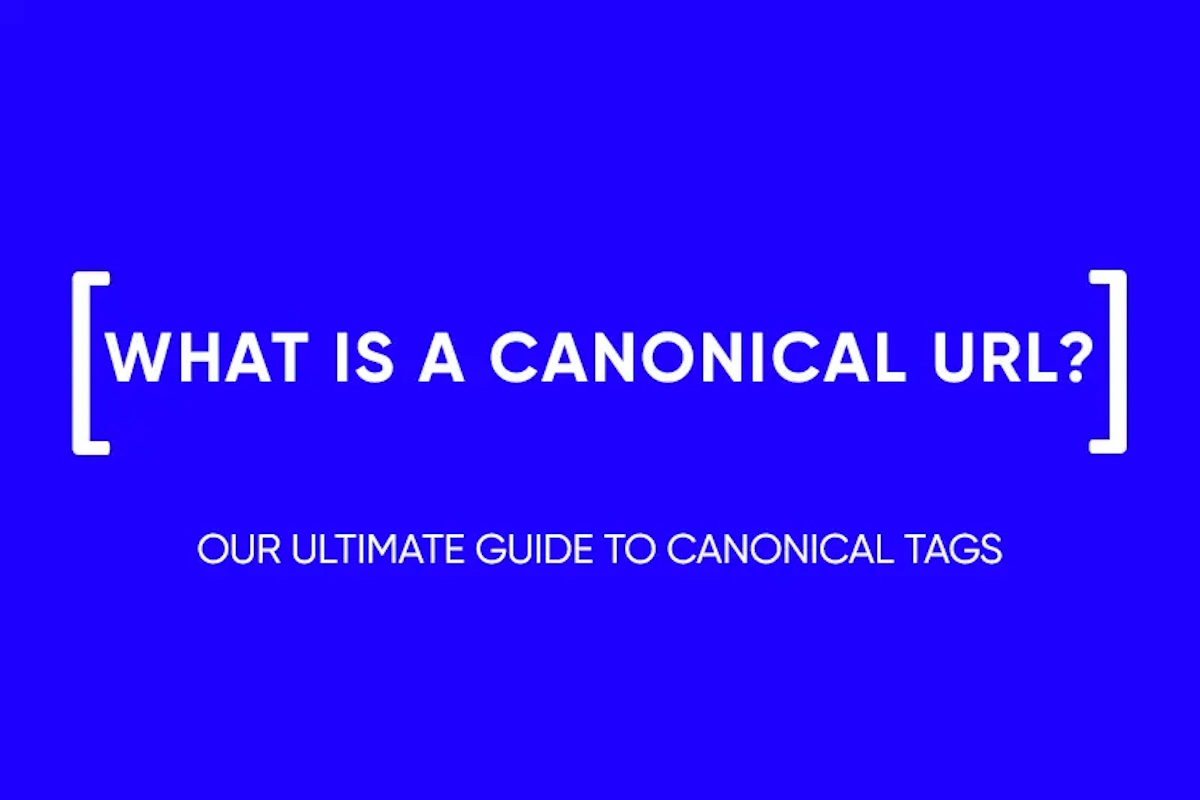YouTube’s Ad Blocker Controversy and Possible EU Law Violation
YouTube’s recent crackdown on ad blockers may be infringing on EU privacy laws. The platform has reportedly been leveraging JavaScript code to identify ad-blocking extensions without obtaining user consent, according to privacy expert Alexander Hanff. Hanff has subsequently lodged an official complaint with the Irish Data Protection Commission (DPC). Google, however, refutes these allegations. The core of Hanff’s argument is that ad blocking detection scripts equate to spyware, and deploying them without consent is unacceptable and potentially illegal.
Impact on Advertisers and YouTube Premium
If YouTube is indeed found guilty of breaching EU privacy laws, users will retain the right to block ads. This could drastically affect the reach of advertisers, and subsequently, the number of sign-ups for YouTube Premium. However, it’s worth noting that users who actively avoid ads may not be ideal targets for campaigns as they’re less likely to convert into customers. Hanff’s allegations also suggest that YouTube is breaching the Universal Declaration of Human Rights.
YouTube’s Response and Potential Consequences
YouTube maintains that the use of ad blockers violates its Terms of Service. The company has initiated a global effort to encourage viewers to either allow ads on YouTube or opt for YouTube Premium for an ad-free experience. A YouTube spokesperson emphasized that their ad-supported model supports a diverse ecosystem of creators and provides billions of people with free access to content. However, if found guilty, YouTube may face penalties and be forced to cease the use of ad-blocking detection tools.
and stay up-to-date with the latest news about our platform and affiliate marketing.




